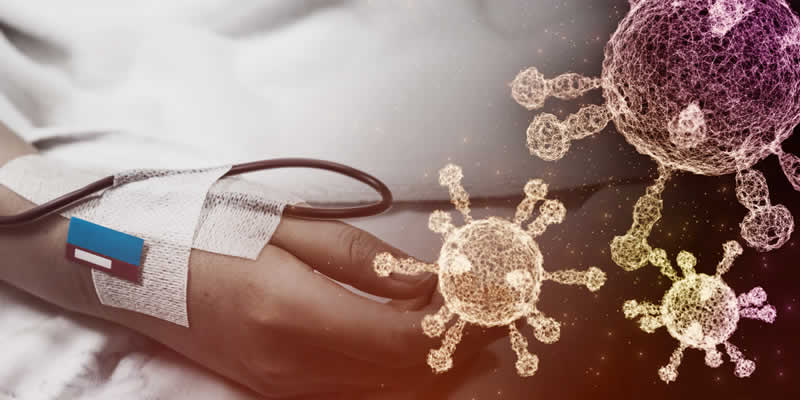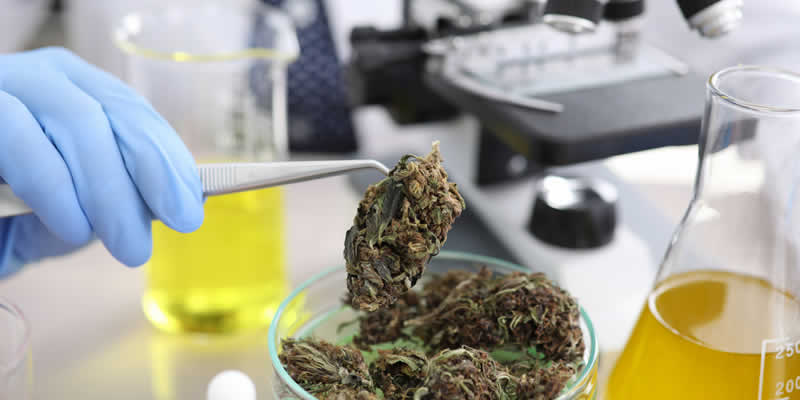People who suffer from major health conditions such as heart disease or cancer are more likely to die should they become infected with COVID-19.
The research, conducted by the University of East Anglia (UEA) and the Norfolk and Norwich University Hospital (NNUH), involved looking at 52 studies which had already investigated health outcomes and coronavirus.
- Sun exposure linked to fewer COVID-19 deaths
- UK vaccination programme is breaking COVID and death link
Initially, experts had expressed concern that some medications administered for high blood pressure could significantly impact people who test positive for COVID-19.
But the UEA team say this is not the case and they ruled it out by focussing on people who take antihypertensives and comparing critical health among them once they test positive for COVID-19.
In fact, they say there is evidence to suggest that these drugs might actually improve COVID-19 survival rates.
Their findings have also found that in addition to heart disease and cancer, people who have respiratory disease, renal disease and obesity are more likely to die should they contract COVID-19.
Old age and having more than one serious health condition also significantly impacts the health outcome.
Lead researcher Dr Vassilios Vassiliou, from UEA’s Norwich Medical School and Honorary Consultant Cardiologist at NNUH, said: “What a meta-analysis gives us is the really big picture. We looked at the combined findings of 52 separate studies involving over 100,000 patients. It is the most comprehensive study of its kind to date.
- Feeling unwell after COVID-19 vaccine is ‘completely normal’
- Study shows sharing sports equipment is ‘unlikely’ to spread COVID-19
“With these increased numbers, what we can see very clearly now, is that it is the comorbidities such as cardiac disease or respiratory disease, cancer or obesity amongst others that lead to an increased mortality.
“And we can confirm that the blood pressure medications themselves are protective — not only for people who have high blood pressure, but for people with a range of other comorbidities as well.”
The findings have been published in the Journal of the American Medical Association (JAMA) Network Open.





